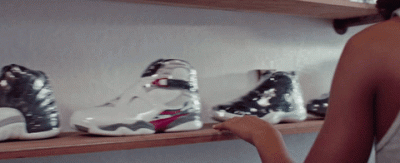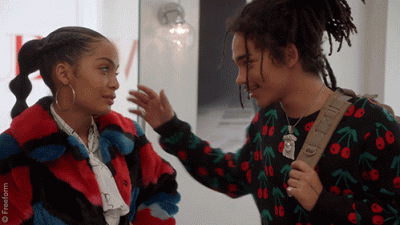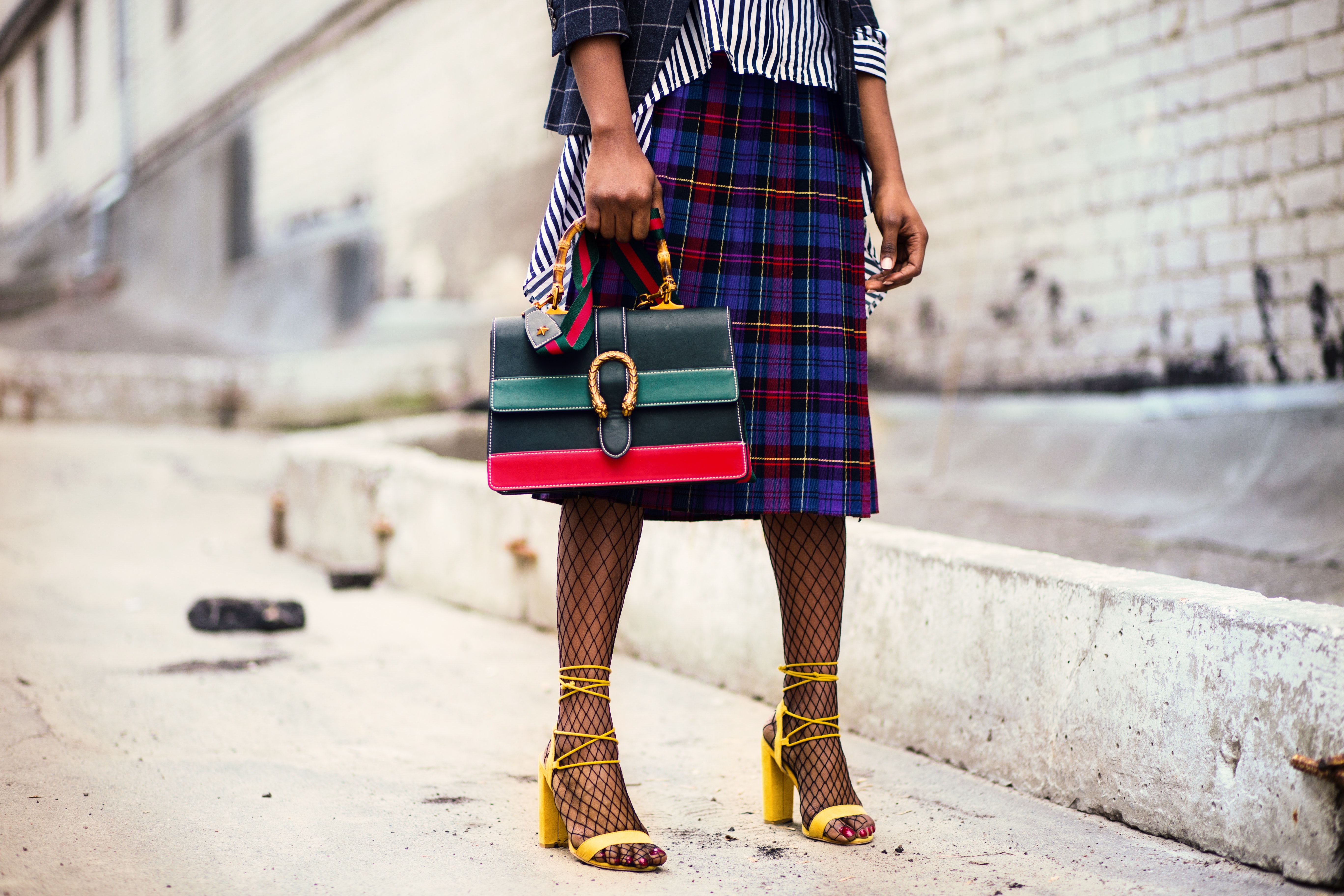Do you remember the first time you felt like you didn’t belong?
I remember it clear as day. It was my first day of school in Charlotte, North Carolina. My family relocated from Moore, Oklahoma, a small city just outside of Oklahoma City.
I went from attending a predominantly white school to one that was intentionally desegregated. It was the first time that I was submerged in black culture other than my church (where everyone is supposed to be kind). My first weeks were full of culture shock and it was brutal…
I was picked on for everything from my buck teeth, to my Kohl’s clothes, to my puffy hair since I just graduated a year prior from ponytails and barrettes to box relaxers. That was around the time I became more concerned with my appearance and looking like I belonged. Even though I came from an upper-middle-class family and my parents owned multiple homes, my outward appearance said otherwise. I recall going home and saying “Marquita’s parents must be rich because she has every single pair of Jordans that comes out.”

My parents didn’t use that as the teachable moment, but over the years I’ve learned about the generational dynamics that were at play during my childhood.
Between Slavery, the Black Codes, redlining, Jim Crow, and continued disenfranchisement, property ownership for people of color in the United States has looked different which has had lasting effects in a society that clings to the laurels of capitalism.
For so long in the history of people of color, our possessions served to define our worth and status. Once we reclaimed ownership of our bodies it was one of the only things we had true ownership over and the ability to adorn to depict our status in our communities and society as a whole.
We may not have been able to circumvent the barriers established by redlining when it came to owning property but we could buy clothes and cars to our wallet’s content.
I continue to see the effects of this today. The disapproving looks when someone walks into a room underdressed or seemingly out of place because they could care less about the latest trends (and not in Luca Sabbat kind of way). This is not an experience limited to people of color, I’ve heard non-poc discuss someone’s attire or presentation, however, the branches from which the judgment extends differ.

The next time you go shopping ask yourself why you are buying certain items and what you hope to achieve by wearing them.
It’s okay to like nice things, we’re My Fab Finance after all.
However, the pursuit of nice things in lieu of financial freedom is a pervasive tradeoff that was systematically designed to keep disenfranchised in a cycle of generational poverty.
This February 2019, and beyond I want us to become more conscious about making space for others to be their unique selves even if that unique self doesn’t fit into our perceptions of acceptability and success.
Happy Black History Month

You said: